Fascism
The term fascism is casually tossed around—with questionable accuracy—but it’s a distinct philosophy with specific historical roots. Help students understand how fascist movements rose in the twentieth century; identify key traits of authoritarian rule; and analyze fascism’s impact on societies and global conflict. Teach the importance of resisting its central ideas through these classroom-ready lessons and teaching resources.
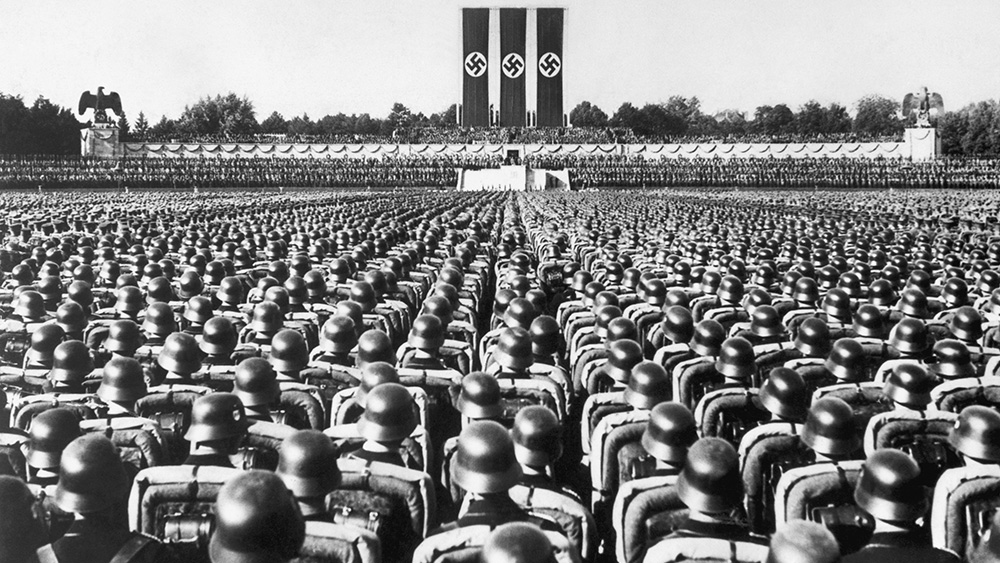
 How to Teach Fascism
How to Teach Fascism

PD: How WWII Transformed the World
Explore global causes and consequences of World War II with the National WWII Museum. Leave with resources to bring the war's political, social, and cultural legacies to life with students.

Blog: What the Road to WWII Can Teach Us
Dig into the historical context of the Axis and Allied powers to examine how the United States’ decision to fight authoritarianism was far from inevitable—and uncover parallels to the pressures of the present.

Teaching the Meaning of Fascism
Your students might hear the word “fascism” thrown around, but can they really define what it means? Teachers share their approach to sharpening vocabulary terms for precise historical analysis.

Causation
Guide students to wrestle with causation as they analyze the factors that pushed some nations toward fascism and others toward internationalism.
Teach Tomorrow: Lessons on Fascism
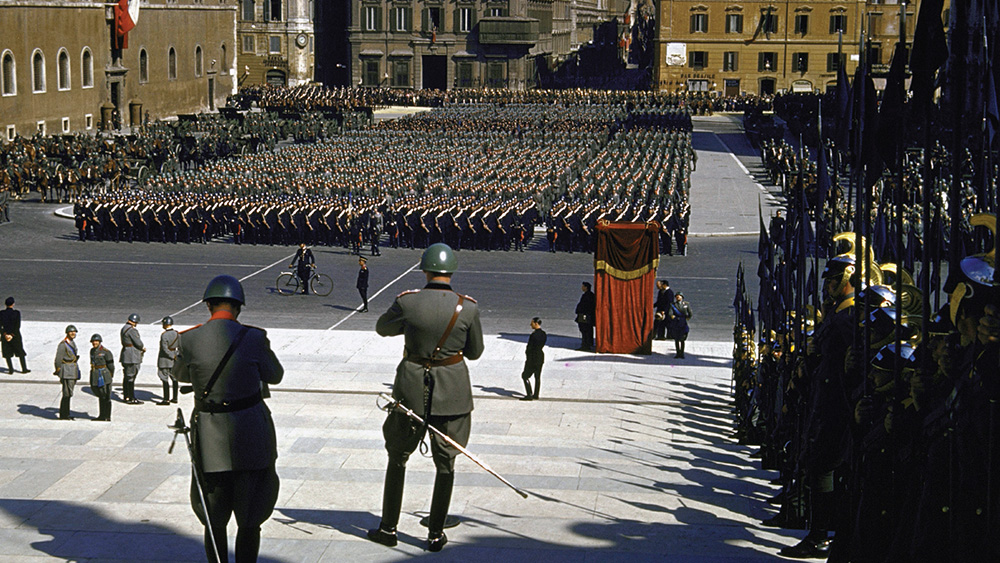
Lesson 7.3
Fascism and Internationalism
In the shadow of World War I, some nations pushed for peace and cooperation while others promised strength through control. Examine the forces that drove these decisions, and the consequences that followed.
View Lesson
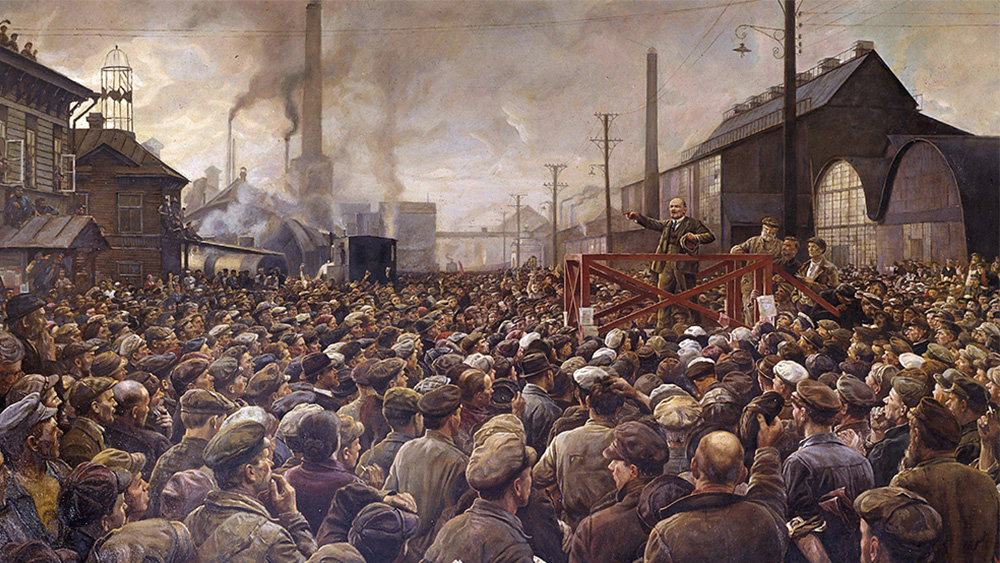
Lesson 7.6
Competing Ideologies
Extreme conditions tend to breed extreme ideologies. Fascism, an authoritarian system that promised security through nationalism and demanded total obedience to a single leader, emerged from the chaos of war and economic depression.
View Lesson
Fascism Activities and Resources
What Is Fascism?

Video
What Is Fascism?
What is fascism, really? This video breaks down the core ideas and strategies behind fascist movements, revealing how they rose to power and helped ignite World War II.
Political Party Platforms

Closer
Political Party Platforms
In this activity, you will examine one party’s platform and try to determine why such a platform would be so appealing to so many.
Exercising Authoritarianism
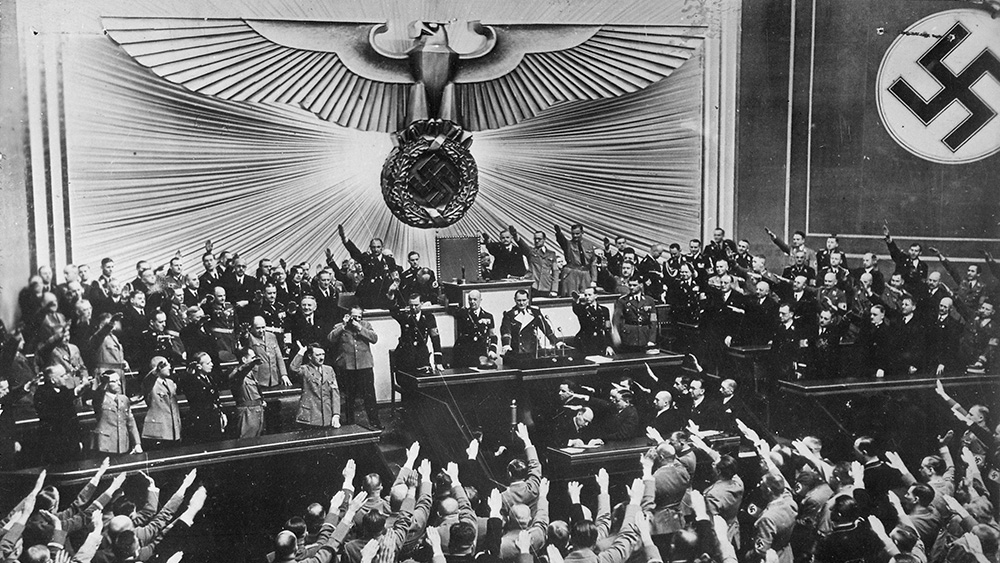
Article
Exercising Authoritarianism
As authoritarian leaders came to power in many countries, some people might have realized the horrors to come, but most barely recognized the danger.
Fascism in Italy
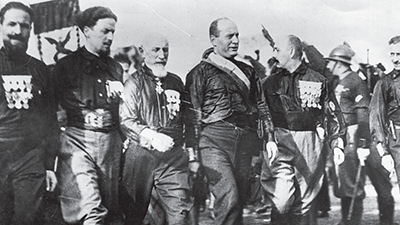
Article
Fascism in Italy
Fascist Italy was Europe’s first authoritarian state of its kind. This article traces how Mussolini built power, where his regime succeeded and failed, and how Fascism in Italy compared to other movements during the interwar period.
Fascism in Germany
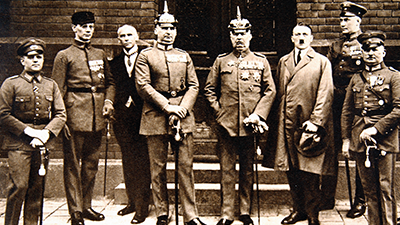
Article
Fascism in Germany
The Nazis were not the only fascists in Europe. But Nazism’s racist ideology and persecution of Jews distinguished it from other varieties of fascism.
Plaek Phibunsongkhram
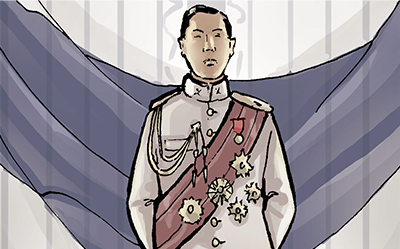
Closer
Plaek Phibunsongkhram
Plaek Phibunsongkhram was an authoritarian Prime Minister of Thailand. He forged his own version of fascism and allied with Japan during the Second World War.
Writing Assessments for Fascism
Pre-Writing: Rise of the Nazi Party

Assessment
Pre-Writing: Rise of the Nazi Party
Create an outline to order and connect your ideas about how the Nazis rose to power in Germany.
DBQ Sources: Rise of the Nazi Party

Assessment
DBQ Sources: Rise of the Nazi Party
Analyze these sources and gather evidence to support your argument about the Nazi party.
Writing: Rise of the Nazi Party

Assessment
Writing: Rise of the Nazi Party
Use your outline and sourcing skills to demonstrate your understanding of causes behind the rise of Nazi Germany.